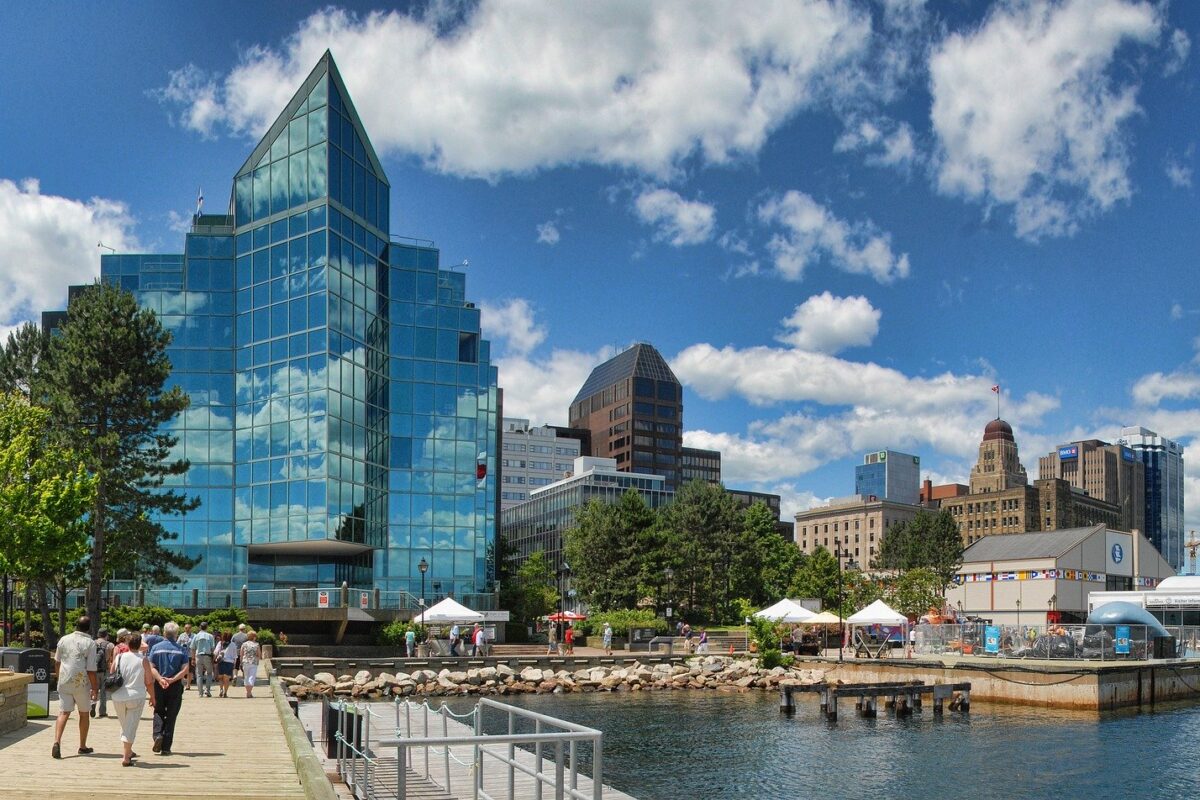Canada now has the fourth-largest international student population in the world. International students contribute to the cultural, social, and economic landscape of Canada. The international student population in Canada has grown six-fold over the past 20 years. In the last decade alone, it has tripled. They add an estimated $22 billion a year to Canada’s economy supporting around 200,000 Canadian jobs.
Canada has been the preferred choice for students attending college or university due to its study-work-immigrate package. And now in current scenario acknowledging the impact of COVID-19 outbreak caused to international students, Canada government has revealed COVID-19 measures providing relief to international students in Canada as well as who would like to come to Canada in the near future.
- Canadian government has removed the restriction that allows international students to work a maximum of 20 hours per week while classes are in session, provided they are working in an essential service or function until August 31 such as:
Energy and Utilities ǀ Information and Communication Technologies ǀ Finance ǀ Health ǀ Food ǀ Water ǀ Transportation ǀ Safety ǀ Government ǀ Manufacturing
- To contain the spread of coronavirus IRCC has given flexibility in the policies allowing international students to take the online courses to be eligible for PGWP and, seek Canadian experience since many economic class immigration programs reward extra points for Canadian experience.
- Under the current circumstances international students outside Canada who have study permit and have been enrolled for May/June session can begin their online classes and even finish half of their program if they cannot travel due to travel restrictions.
- International students may be eligible for implied status who need to extend their stay in Canada during the coronavirus pandemic.
- It has been suggested that approximately 68% of these international students intend to work and settle in Canada as permanent resident. They are viewed as ideal candidates for permanent residency given their language proficiency, Canadian education credentials and Canadian work experience. Thus, since the start of the coronavirus crisis, both Federal & Provincial government have issued more invitations to apply for permanent residence to those with Canadian experience.
Can-X Immigration and Consulting Inc. is a Canadian based consulting firm. Our approach to professional and service excellence is based upon absolute integrity, honesty, unfailing mutual respect and dedication in all that we do for our clients.
Contact us for consultation and assessment.






